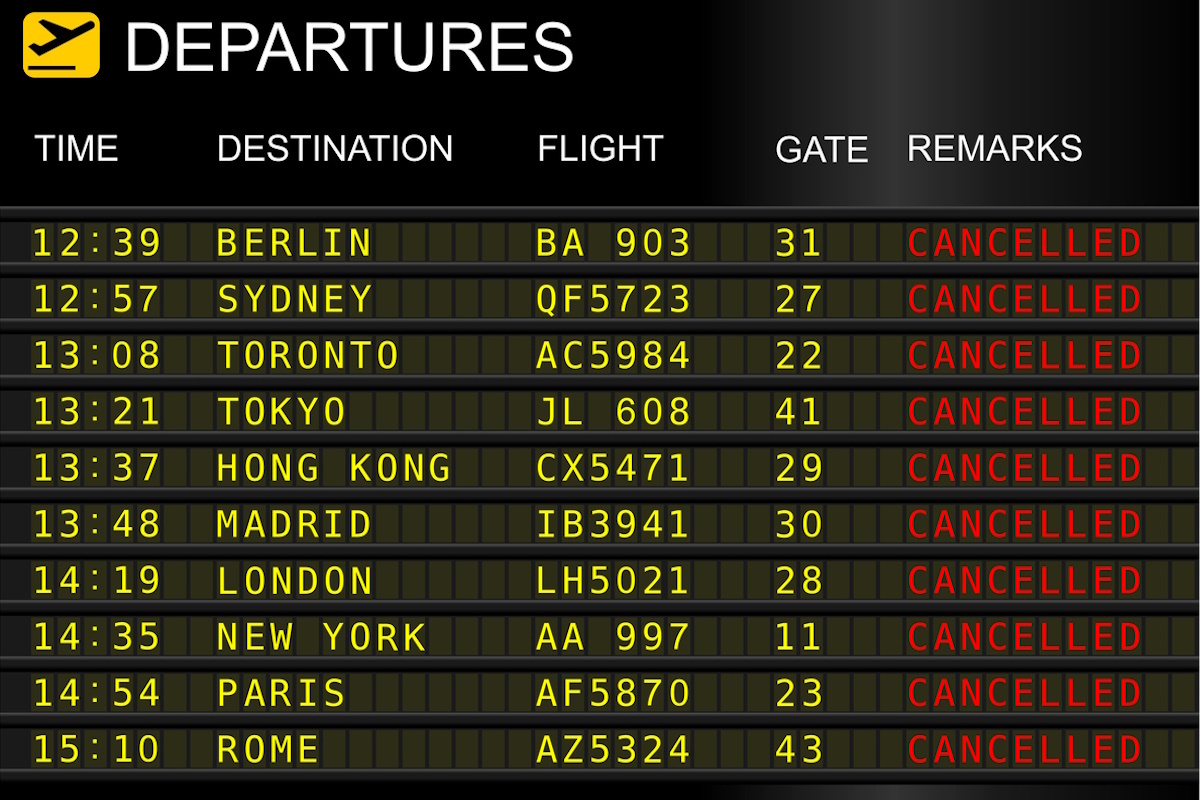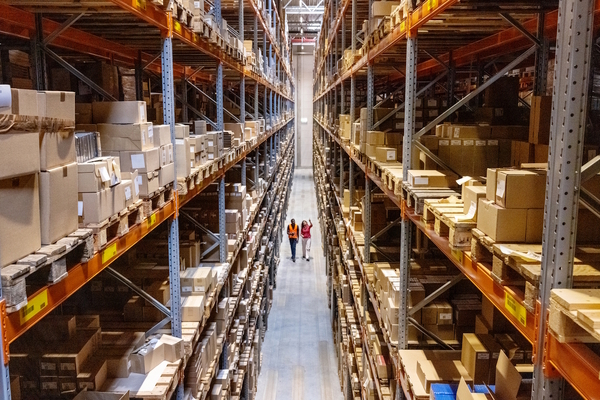Augmenting contact centres with AI

Nick Delis at Five9 explains how AI can transform the experience of airline customers in busy travel periods
The airline industry is no stranger to public backlash. Cancelled or delayed flights, lost luggage, and faulty technology continue to threaten the industry’s reputation.
Customers will not hesitate to speak up about negative travel experiences online. What’s more, with flight searches up 25% for summer, the industry is set for an influx of travellers and increased pressure on their customer service teams.
Yet, airlines continue to make the same mistakes, with one airline even eliminating the option for customers to call them altogether.
When customers’ travel plans are affected, they need quick answers and resolutions, not a hidden number under the 27th page of the contact us section in small print - and this is where artificial intelligence (AI) comes in.
Major airlines are already investing in AI and technological advancements for luggage transfers, weather delays, and gate changes. For instance, as a frequent flyer with United Airlines, I can take advantage of their real-time baggage tracking service which is one of my favourite travel tools.
However, airlines are only scratching the surface of what’s possible. Airlines must ensure that every customer interaction ends on a high, even if some factors are outside of the company’s control.
So, how can AI be used to truly transform CX in the transportation industry?
Real-time communications powered by data
In times of disruption and delays, customers expect quick answers - especially frequent flyers and loyal travellers such as myself. Many airlines fall at the first hurdle because they do not have the data they need to answer complex questions in real time. Data is the key to great AI-CX.
Customer service technology needs to be integrated within the wider airline’s systems to deliver connected customer experiences, enabling operators to provide real-time updates on issues such as delayed flights or lost luggage.
Moving to the cloud and feeding operational data into communications helps airlines to meet their customers where they are, creating a seamless experience across every channel.
Bringing together customer and contextual data allows airlines to build a 360-degree view of each customer, enabling consistency across every channel and touchpoint.
Whether customers opt for quick self-service options or want to chat to an agent over the phone, having real-time data in the right place at the right time is vital to drive more informed interactions.
By incorporating customer data, contact history, and loyalty information into communications, airlines can personalise their comms, giving agents the tools, they need to remedy complaints and make customers feel valued in the face of disruption.
AI and analytics can lend a helping hand
Harnessing data goes further than enhancing interactions. Analysing customer sentiment and agent performance helps airlines to predict common customer frustrations, optimise interactions, and provide targeted answers quickly and empathetically.
Airlines must be able to handle any level of customer inquiries, even at peak times during the busy summer months when everybody wants to take a vacation. With a cloud-based contact centre and effective integration of AI, organisations can scale to handle all incoming demand, using automation and self-service options as a buffer for initial contact.
Removing the burden of routine inquiries and simple questions from agents and handling them with automation allows agents to go where they’re really needed - dealing with customers.
A great example of an airline that’s taking steps to elevate its guest experience and scale to demand is Alaska Airlines.
Handling an average of 21,000 calls a day, the airline decided to upgrade its old contact centre technology and move to the cloud to give guests the ability to reach out via call, web chat, and text 24/7.
Coping with unexpected spikes in demand, including up to 50,000 calls in just one day, the AI-backed contact centre platform intelligently moves agents to service the channel that needs more support, minimising wait times and meeting customers where they are.
The airline even uses capabilities such as agent assist to transcribe live conversations for hearing-impaired agents, boosting employee experience (EX).
Empathy is key. Most travellers tend to opt for self-service options, but when they need to talk to an agent, they expect quick and well-informed responses to ease their concerns.
In my experience of poor customer service, airlines have taken an entire hour to tell me what a change fee was and claimed that it was fine that my change fee was almost double my fare. Agents need to have an empathetic ear and the tools to swiftly, and efficiently, solve customers’ questions.
First class service with automation
The combination of human empathy and judgment with the speed and scale of AI is vital when dealing with huge volumes of high-stress, high-emotion interactions.
Intelligent virtual agents (IVAs) - automated, self-service applications backed by AI to deliver intuitive resolutions for common questions across voice and digital channels - offer a first-class solution. Airlines can give customers an enhanced self-service experience across every channel and market, without impacting their human agents.
With AI technologies such as natural language processing (NLP), sentiment analysis, and speech recognition, airlines can deliver intuitive and effective resolutions without the support of a live agent and effectively triage inquiries. If issues require a sympathetic ear or a human connection, the interaction can be moved across to a live agent, able to provide a human connection when it matters most.
AI and automation are the keys to transforming CX. As disruptions rage on and interactions continue to increase in volume and complexity, airlines must be equipped with the right tools to deliver the service that customers need. Companies like Alaska Airlines serve as an inspiration for taking customer experience seriously, combining a great level of empathy and trust with technology.
Every passenger needs to be able to trust their airline to provide the best service possible - whether that be on the phone, via self-service channels, or in the skies.
Nick Delis is Senior VP of International and Strategic Business at Five9
Main image courtesy of iStockPhoto.com

Business Reporter Team
Most Viewed
Winston House, 3rd Floor, Units 306-309, 2-4 Dollis Park, London, N3 1HF
23-29 Hendon Lane, London, N3 1RT
020 8349 4363
© 2025, Lyonsdown Limited. Business Reporter® is a registered trademark of Lyonsdown Ltd. VAT registration number: 830519543





